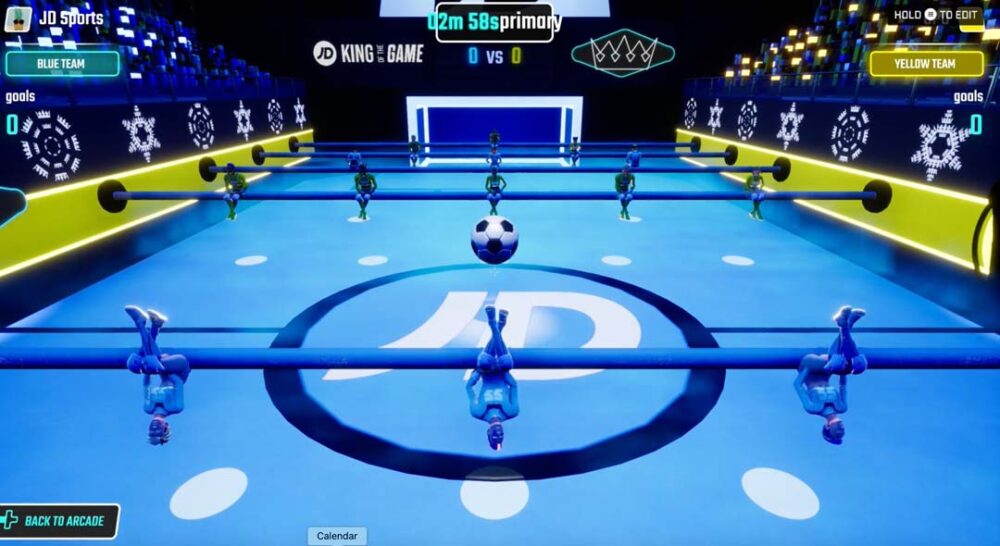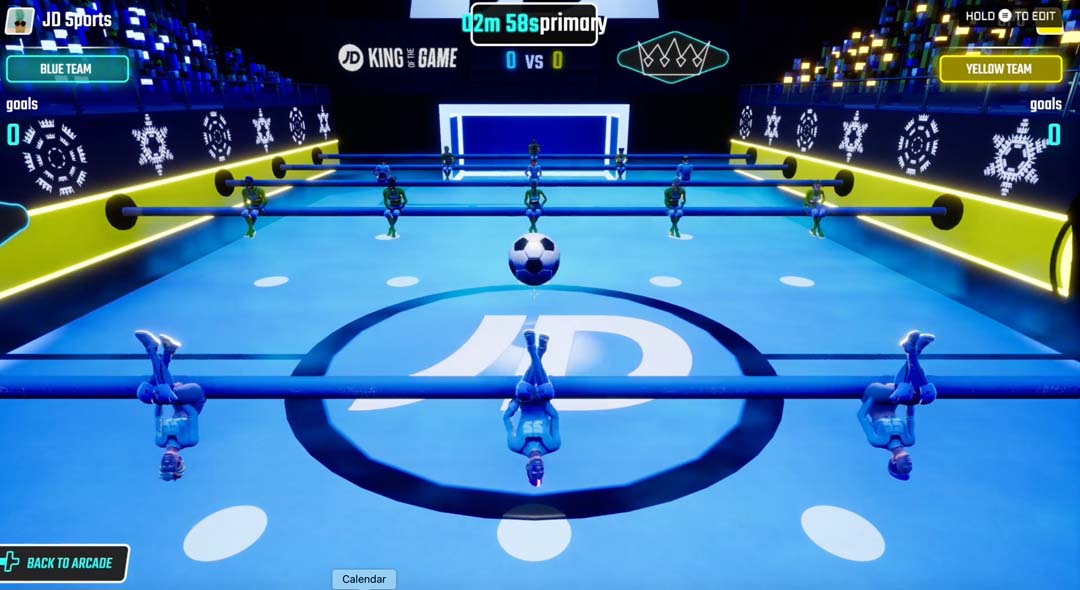The metaverse, a virtual world that exists entirely online, is set to revolutionize the way we live and work in the UK. The term “metaverse” was first coined in Neal Stephenson’s 1992 science fiction novel Snow Crash, and refers to a virtual shared space that multiple users can access at the same time.
The concept of the metaverse has been gaining traction in recent years, with companies such as Facebook and Google investing heavily in the development of virtual reality (VR) and augmented reality (AR) technologies. These technologies have the potential to change the way we interact with each other and the world around us, and the metaverse is seen as the next logical step in this evolution.

One of the main attractions of the metaverse is the ability to connect with others in a virtual environment. This could be through socializing, gaming, or even conducting business meetings and conferences. The ability to connect with people from around the world in a virtual space has the potential to break down geographical barriers and bring people together in new and exciting ways.
Another attraction of the metaverse is the potential for immersive and interactive experiences. VR and AR technologies allow users to experience new worlds and environments in a way that is not possible in the real world. These technologies have the potential to change the way retailers engage with customers and sell products.
One way that the metaverse can be used in retail is through the creation of virtual storefronts. These virtual stores would allow customers to browse and purchase products from the comfort of their own homes, using VR or AR technologies to virtually try on clothes and accessories or see how furniture would look in their homes. This could be especially appealing to customers who live in remote areas or who have mobility issues.
Another way that the technology can be used in retail is through immersive and interactive experiences. Retailers could create virtual reality experiences that allow customers to try out products or explore environments. For example, a customer could virtually test drive a car or try out a new piece of exercise equipment before making a purchase.
The metaverse also has the potential to revolutionize the way that retailers market and advertise their products. Retailers could create virtual events and experiences that allow customers to interact with products and learn more about them in a fun and engaging way.
Brands are already experimenting with the Metaverse. Louis Vuitton joined launched ‘Louis the Game,’ to commemorate its 200th anniversary. Player’s avatars go on a journey to discover 200 birthday candles across eight different worlds. Along the way, players can earn collectable NFTs as rewards.
The JD Sports: ‘King of the Game’ metaverse experience allowed streetwear fans to build custom avatars and discover minigames within a virtual JD arcade; going head-to-head with friends over table football, pinball, claw machines and other classic arcade games.
Collaborations have also been popular, Balenciaga worked with the online game Fortnite. Their collaboration included both in-game outfits and a physical apparel collection. Burberry’s new in-game experience Minecraft: Burberry: Freedom to Go Beyond, allows players to wander a mythical London populated with Burberry-themed characters and motifs.
What’s next for the Metaverse?
One way that the metaverse is likely to evolve is through the integration of artificial intelligence (AI). AI has the potential to make the metaverse more interactive and immersive, with virtual assistants and avatars that can converse and interact with users in a more natural and realistic way.
VR and AR technologies are constantly improving, and it is likely that we will see even more advanced and sophisticated VR and AR experiences in the metaverse in the future. This could include the ability to touch and feel virtual objects, or the use of holographic displays to create even more immersive experiences.
In addition to advancements in VR and AR technologies, the metaverse is also likely to see the integration of other emerging technologies, such as the Internet of Things (IoT) and blockchain. The IoT could allow for the integration of real-world devices and sensors into the metaverse, while blockchain could provide a secure and decentralized platform for conducting transactions and exchanging digital assets.
These technologies are constantly improving, but they are still not perfect, and there are limitations to the level of immersion and interaction that can be achieved. In order for the metaverse to be successful, it will need to offer a seamless and immersive experience that is on par with the real world.
Another challenge is the issue of content creation. In order for the metaverse to be successful, it will need a wide range of content and experiences that are appealing to users. This will require a significant investment in content creation, which could be a barrier for some companies.
The UK is well positioned to be at the forefront of the revolution, with a strong technology sector and a history of innovation. As technologies continue to develop, it is likely that the metaverse will become an increasingly important part of our daily lives, offering new and exciting ways for retailers to connect with customers, but it is still in the early stages of development and there are many challenges that need to be overcome.

















